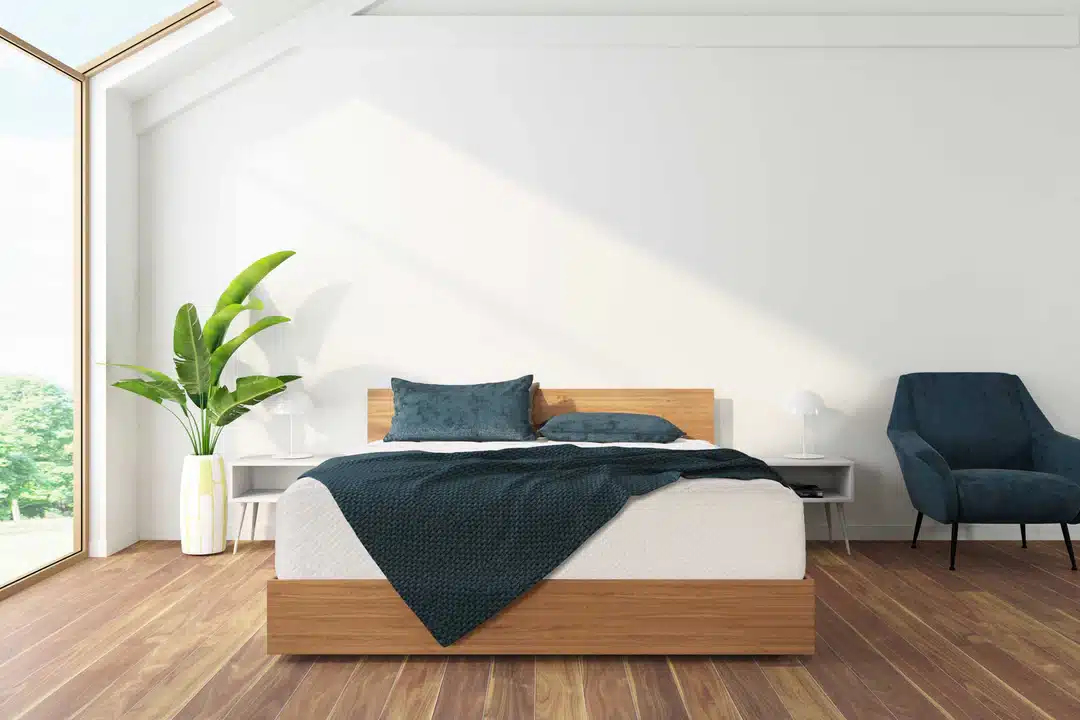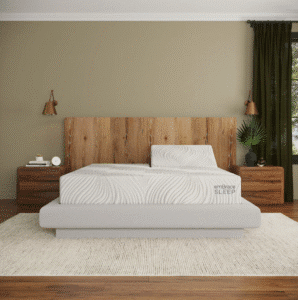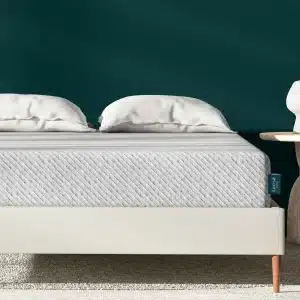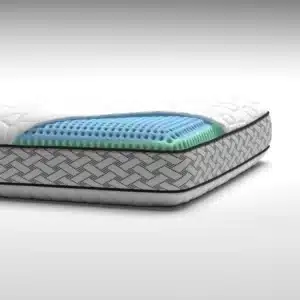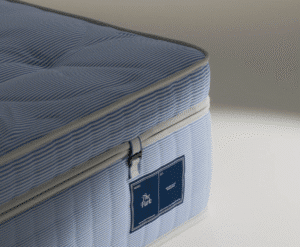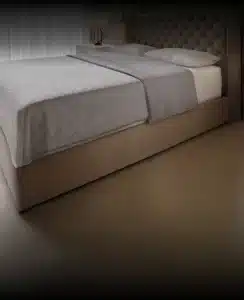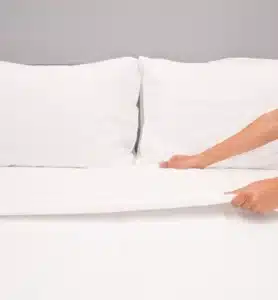Microsleep
Have you ever woken up to your name being called, only to realize you had dozed off at the meeting?
If you answered yes, you may have experienced microsleep. It is a short burst of unintended sleep that often occurs without the person’s realization. Although microsleep can be experienced by anyone, it is more common among people who work odd hours, are sleep deprived, or have a sleep disorder like insomnia or sleep apnea. Such brief episodes of unexpected sleep are often the cause of road accidents and other mishaps. It is important to note that microsleep is not the same thing as a power nap.
What exactly is microsleep?
Microsleep can be best described as a brief, unintended period of loss of attention, often associated with blank stares or eye closure when trying to stay awake during a monotonous task like listening to a lecture or watching TV. This happens the most when the person is tired and sleepy yet trying to perform normal activities. One of the most common consequences of insomnia, microsleep often turns to be dangerous and even fatal.
The duration of a microsleep is anywhere between a fraction of a second to two minutes. Since microsleep often occurs with the eyes open, the person is not aware that it has happened. In a state of microsleep, even though the eyes are open, the person will fail to respond to information, like seeing a signal or hearing their name being called. Drowsy driving is often the result of microsleep, where the person is not even aware that he has dozed off.
When does microsleep happen?
Scientists have found that microsleep is most likely to happen at the time of the day when the person is supposed to be sleeping. It could be late at night, early dawn, or mid afternoon hours. The frequency of microsleep increases as the person keeps being sleep deprived and accumulates sleep debt. The more sleep deprived the person is, the more the chances of microsleep happening.
Sleep scientists also claim that everyone experiences microsleep when falling asleep. The first fifteen seconds of drifting off to sleep can be called a microsleep episode when the lights in the brain flickers for a while before turning out.
What causes microsleep?
Even though microsleep episodes can happen to anyone, it is the most common among people who are sleep deprived. It can also occur to people engaged in a routine, monotonous task for a prolonged period. Research has found that during microsleep, parts of the brain fall asleep while other parts stay awake, explaining the selective loss of attention.
People with sleep disorders like insomnia or sleep apnea are also at risk. In fact, in several instances, microsleep episodes are used to diagnose sleep disorders. Common sleep disorders that can cause microsleep episodes are:
- Sleep apnea, where the individual does not get proper sleep at night because of irregular breathing. Even though people with sleep apnea may get enough hours of sleep, the quality of sleep is affected because of frequent waking up. People with this disorder are at a high risk of microsleep, and also happen to be involved in the highest number of drowsy driving cases.
- Excessive daytime sleepiness, where the individual is sleep deprived because of insomnia and struggles to stay awake during the day. This is a well recognized symptom of insomnia.
- Feel excessively sleepy.
- Have difficulty keeping your eyes open.
- Find your eyelids drooping or closing, have a blank expression, or have to blink to keep your eyes open.
- Have difficulty following directions.
- Yawn a lot.
- Have a foggy memory.
- Feel irritable or moody.
- Have difficulty driving on track and keep drifting to the side.
- Experience head jerks that wake you up.
- Avoid driving or working with hazardous machinery when you are sleepy.
- Before setting out for a long drive, make sure you get some sleep to avoid feeling drowsy on the road.
- Travel with a companion or play upbeat music to remain alert on the road.
- In a class or office, fidgeting quietly, engaging in productive conversation and taking breaks to walk around are some of the ways to drive away sleepiness.
- Get sufficient sleep every night, and consult a doctor to rule out sleep disorders.
Ben Trapskin
I have carefully studied and evaluated many mattresses, sheets, pillows, duvet inserts, comforters, sleep gadgets, and adjustable beds for over a decade. My insights and evaluations are grounded in both my extensive personal experience and valuable customer feedback. I have expertise and knowledge of the industry. I have used this to conduct detailed assessments of products. My insights and guidance have given consumers the best sleep experience. I am committed to quality and excellence in this field.
EXPERT TESTED
Every product is tested with a variety methods to give you the best assement of what it will actually feel like and if it is good quality.
UPDATED REGULARLY
Our reviews are updated daily and we strive to produce the most useful content so you can make an informed decision.






